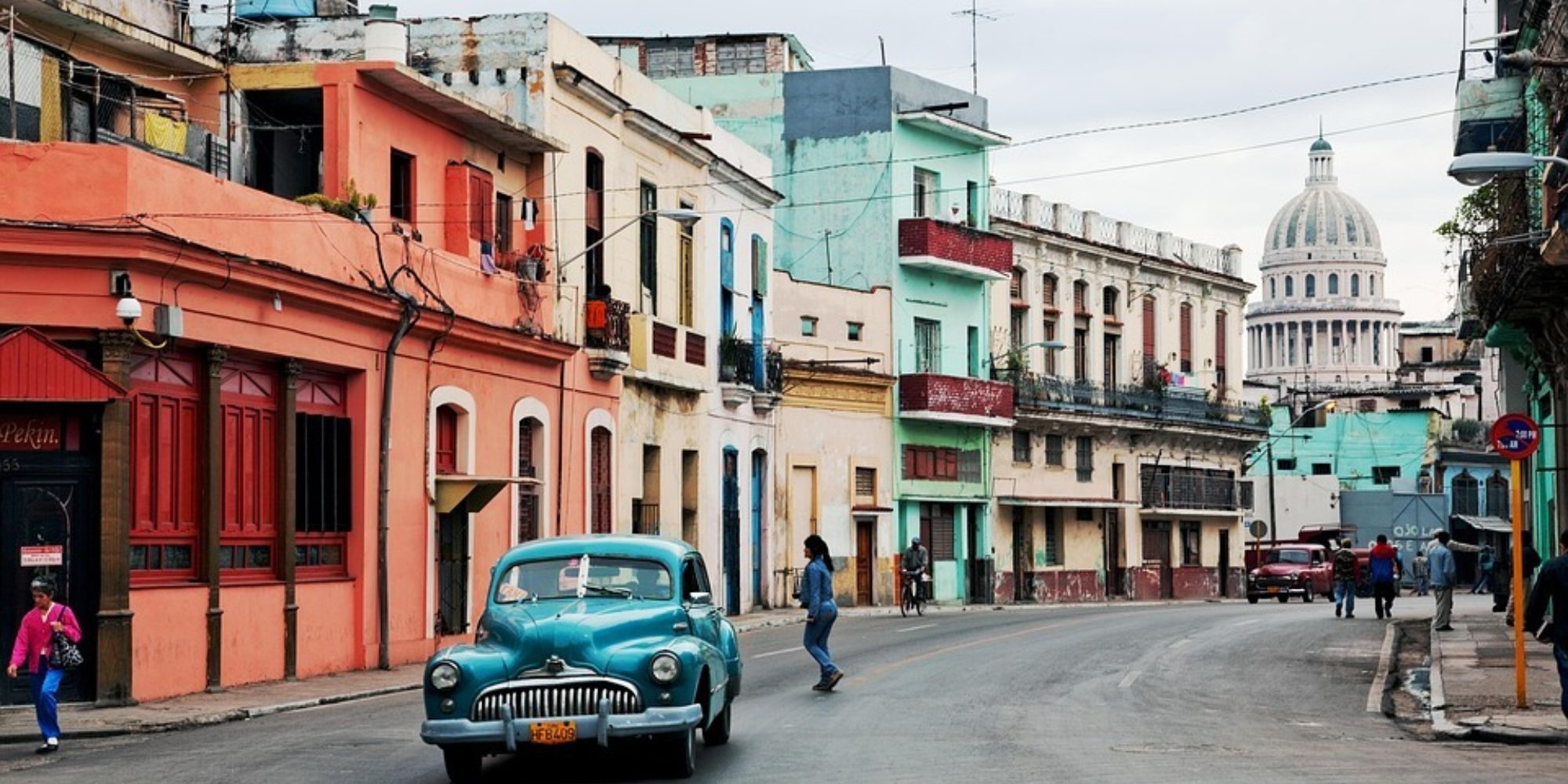On Tues., June 4, the Trump administration reimposed travel restrictions on American travel to Cuba, prohibiting cruise ships and group educational trips known as “person-to-person travel.”
Relations with Cuba have been vacillating since the ‘90s, with Presidents Clinton and Obama making visiting the island nation easier, and Presidents Bush and Trump attempting to roll back any changes made by their predecessors. In 2014, the Obama administration made it easier for cruise ships and commercial flights to go between Cuba and the U.S., which proved to be incredibly popular. According to Department of Transportation statistics, 2.2 million people flew to Cuba, and in just the first four months of 2014, more than 140,000 people visited via cruise ships. Americans comprised the second-largest group of tourists after Canadians.
Under the restrictions set to go into effect today, 800,000 cruise passengers’ bookings will have to change, according to USA Today.
Ned Sublette, an Afropop associate who directs educational “person-to-person travel” excursions to Cuba, has had to de-list three trips to the island due to the change in regulations.
“This is particularly cruel to our Cuban colleagues who have worked so hard to make our projects successful and are now out of a job, and to the hundreds of Cuban musicians whose work we have supported,” Sublette said in an email. “Coupled with an ‘extreme vetting’ policy that makes it increasingly difficult for Cuban musicians to come to the U.S., these are extraordinarily harsh measures that aim to isolate the United States. I've been saying it for 30 years: The embargo of Cuba is a cultural embargo against ourselves.”
The Center for Democracy in the Americas released this statement :
The new Cuba regulations imposed by the Trump administration represent yet another step backwards that will only undermine U.S. business interests, further divide Cuban families, and create hardships for the Cuban people, especially Cuba's entrepreneurial class who the administration has repeatedly said it aims to support.
"The new rules effectively eliminate cruise travel, a method of travel that only began in recent years but that overtook air travel in 2017 as the most popular method of travel to the island, and allowed countless Americans the chance to discover Cuba for the first time. Cuban Americans also enjoyed the opportunity to travel to the island via cruise to reconnect with family members. What's more, cruise travel infused travel dollars into resource-deprived port communities outside of Havana, and sustained private businesses beyond the nation's capital.
"If the administration aims to see change come to Cuba, eliminating people-to-people travel, the category under which many U.S. travelers go to Cuba to engage directly with the Cuban people, is short-sighted. It's often said that Americans are excellent ambassadors for democratic values, and it's true. Choking off this avenue of travel undermines the administration's objectives for democratic change and its purported aim to support Cuba's private sector; travel under this category supports private restaurants, lodging, clothing stores, and transportation companies, along with the many private services they contract, such as private marketing and financial consultants, IT operations, event-planning services, and more.
"Despite new obstacles, we are confident that U.S.-Cuba engagement will continue in areas of shared interest thanks to existing ties forged through legal travel. CDA will continue to work with allies in Congress to champion engagement, foster family ties, and support the Cuban people."
"It's true that Cuba can play a role, alongside the international community, in a resolution to crises in Venezuela. Cuba has demonstrated a productive role in solving seemingly intractable problems, recently serving as host to the Colombia-FARC peace negotiations, which had the support of the U.S. government. But decades of isolationist U.S. policies toward Cuba demonstrate the limited coercive powers of sanctions and would suggest the government is unlikely to be brought to this role by sanctions.









